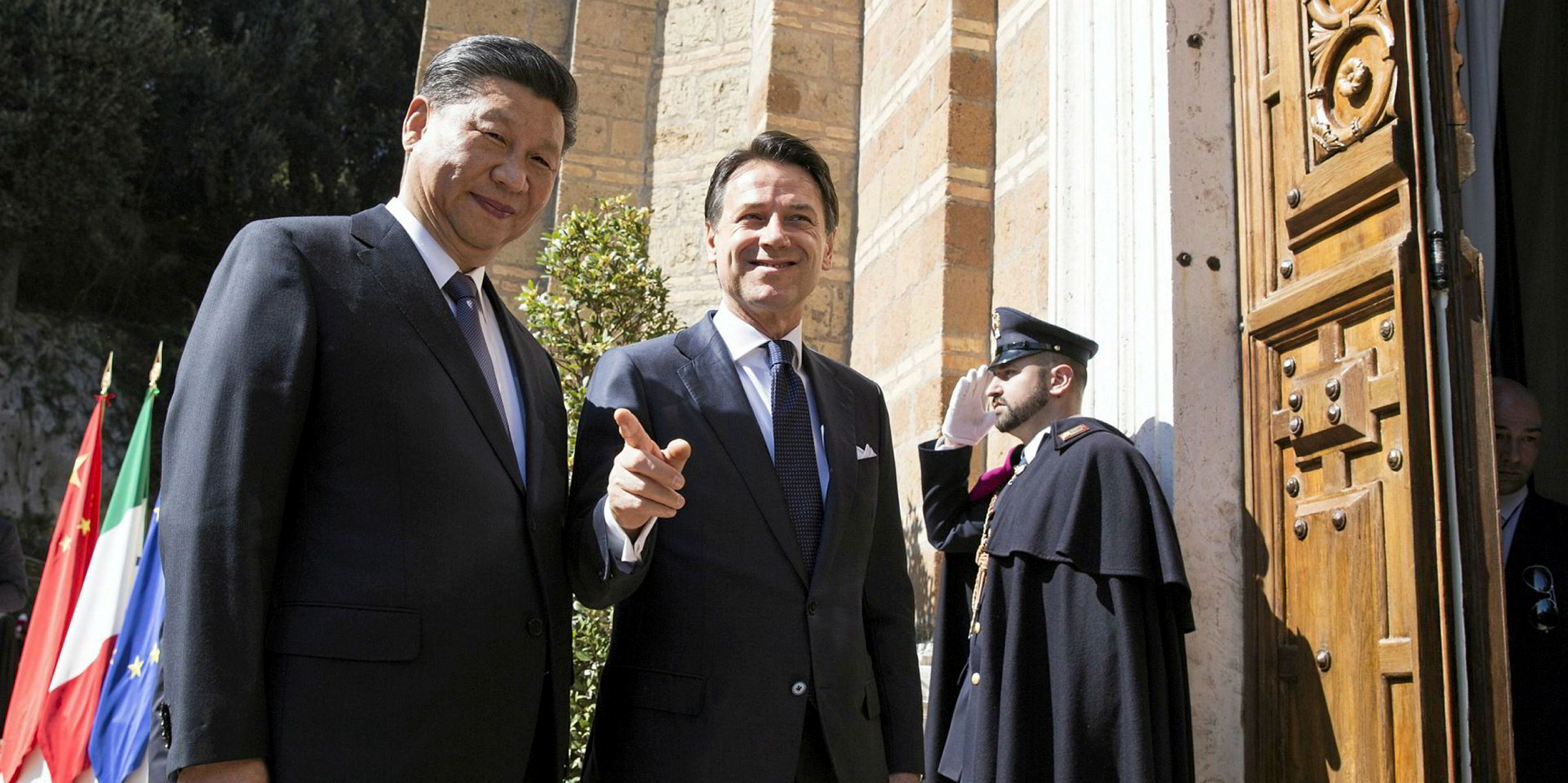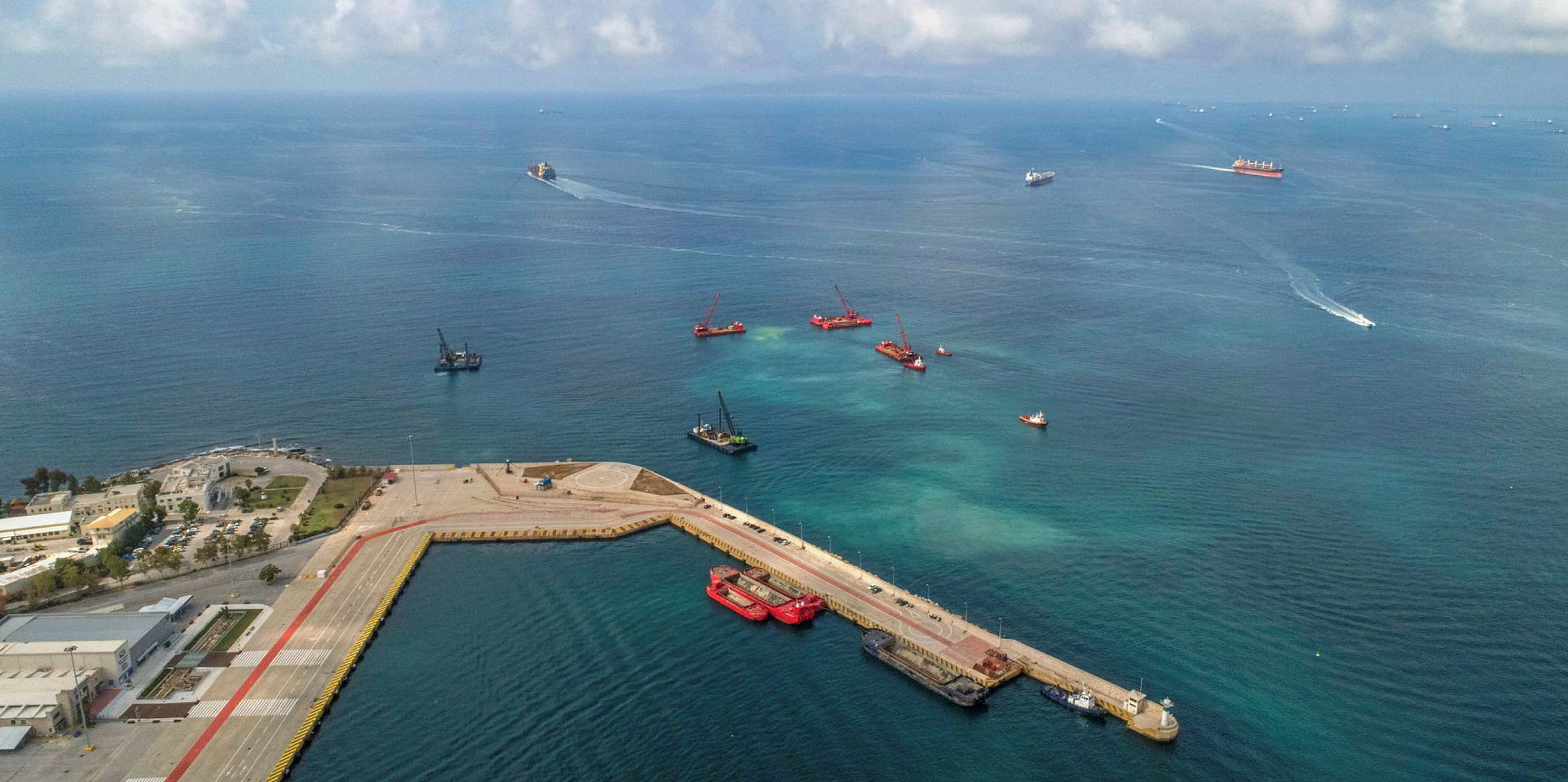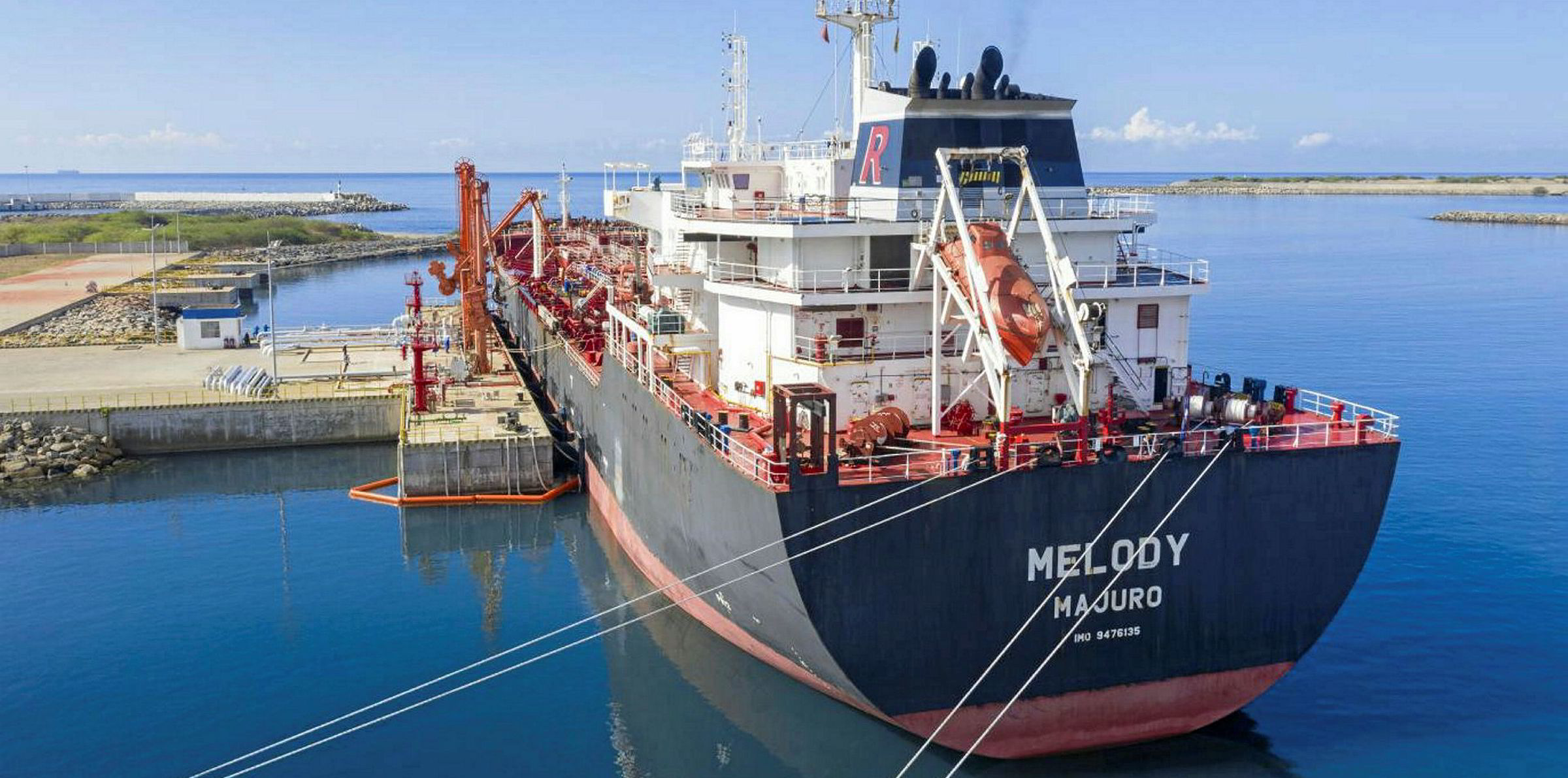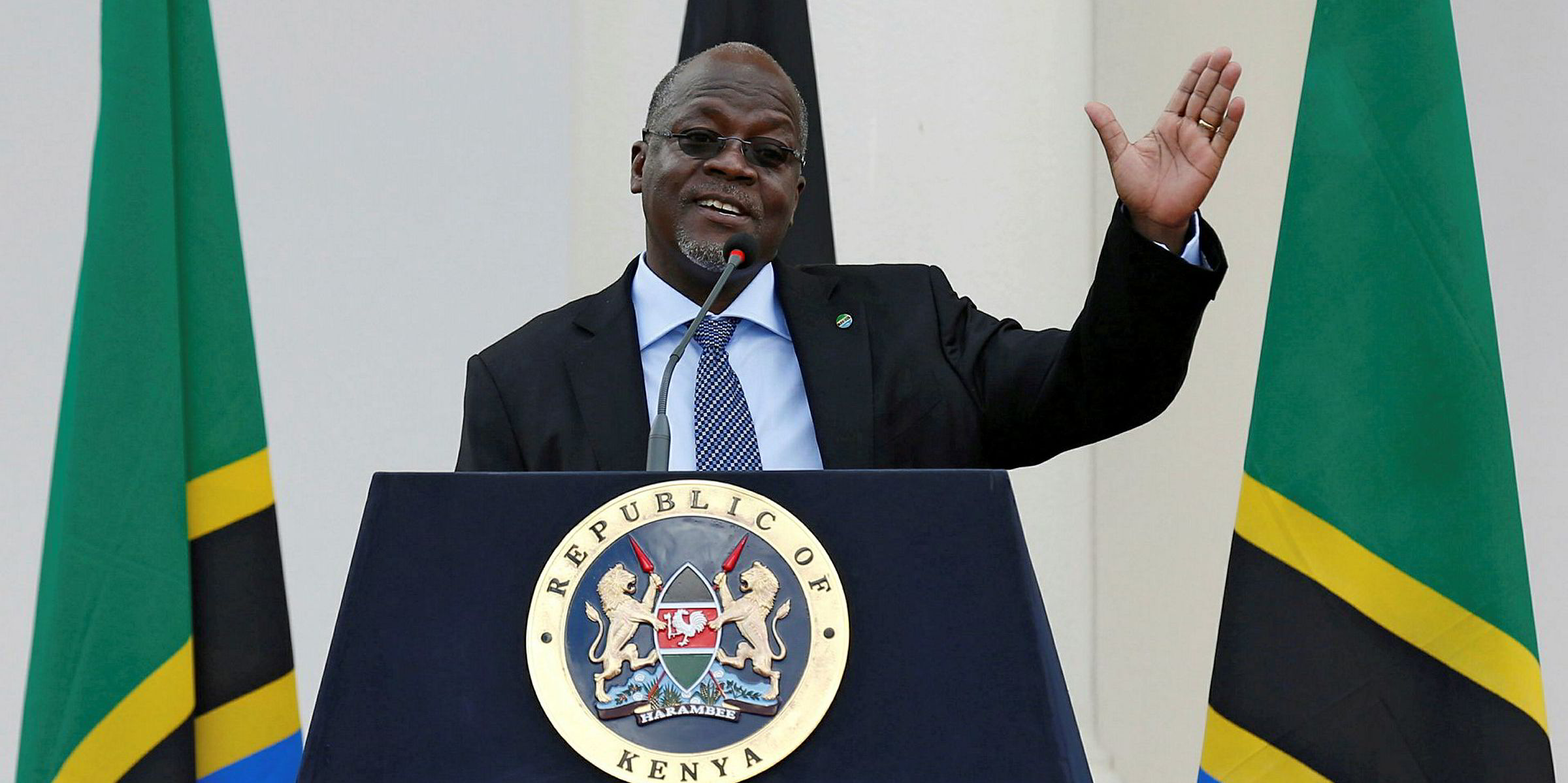Even before the Covid-19 pandemic, many analysts were worried about debt distress in African and Asian countries along China’s Silk Road Economic Belt and Maritime Silk Road.
Now, we are more likely to see borrowers in these Belt and Road Initiative (BRI) countries try to restructure debts.
Many countries have borrowed heavily from Chinese lenders — such as the Export-Import Bank of China and China Development Bank — to invest in pipelines, roads, airports, railways, ports and other infrastructure.
The local currency in many of these countries has depreciated during the pandemic, because of a decline in the export of oil and other commodities, collapsing tourism revenue and reduced manufacturing demand. A devalued currency makes servicing foreign debt increasingly difficult.
Geopolitical issue
Although we understand that some countries have sought debt relief, we have not seen many examples of this being granted. Since many of the Chinese lenders have ties to the Chinese government, potential debt relief also immediately becomes a geopolitical issue.
For loyal allies such as Cambodia, Pakistan, Laos and Sri Lanka, Beijing can be expected provide some relief, but the outcome may be different in places where relations with China have soured.
Although we need to be mindful of the financial and domestic political pressure on China, some write-offs and renegotiations are, in my view, inevitable. This is complex, with so many distressed situations at once, but without relief or standstills, sovereign defaults are unavoidable — not only technical defaults but also payment defaults.
Debt trap diplomacy?

The opacity of many BRI projects means scenario planning may not generate many useful insights — and risk and probability are not the same thing.
Enforcing security rights over infrastructure in BRI countries will be virtually impossible.
Some critics believe that taking possession of ports, terminals and other critical infrastructure has been Beijing’s objective all along (the “debt trap diplomacy” debate).
In addition to diplomatic and geopolitical concerns for China, losing control over strategic energy and transport infrastructure will most likely trigger a political backlash in BRI countries, some of which were already concerned about transparency, governance, pollution, employment standards and limited benefits to the local economy before the pandemic.
It may seem far-fetched now, but some of these countries might even consider nationalising strategic infrastructure.
Moreover, sovereign debts can be hard to enforce. Sovereign immunity laws give states certain protections against being sued in the courts of another state, as well as protections from their assets being enforced against.
Although sovereign immunity does not necessarily extend to the assets of state-owned entities in many jurisdictions, enforcing your rights may be difficult. We thus expect defaulting BRI countries to raise the defence of sovereign immunity to challenge the jurisdiction of arbitration tribunals and courts, as well as the enforcement of judgments and awards on this basis.
Further, many defaulting countries might seek to challenge BRI contracts in multiple courts around the world. Parallel litigation may delay the process, create chaos and potentially lead to conflicting awards and judgments, leaving creditors with few potent legal remedies against sovereign BRI borrowers.
The potholes along the road will, I hope, prompt BRI countries and their Chinese lenders to restructure loans. Lenders will need to accept a haircut, but parties need to recognise that this is the only realistic option.
Ton Van Den Bosch is partner and head of the Singapore office of law firm Addleshaw Goddard
Do you have an opinion to share? Send details to news@tradewindsnews.com







